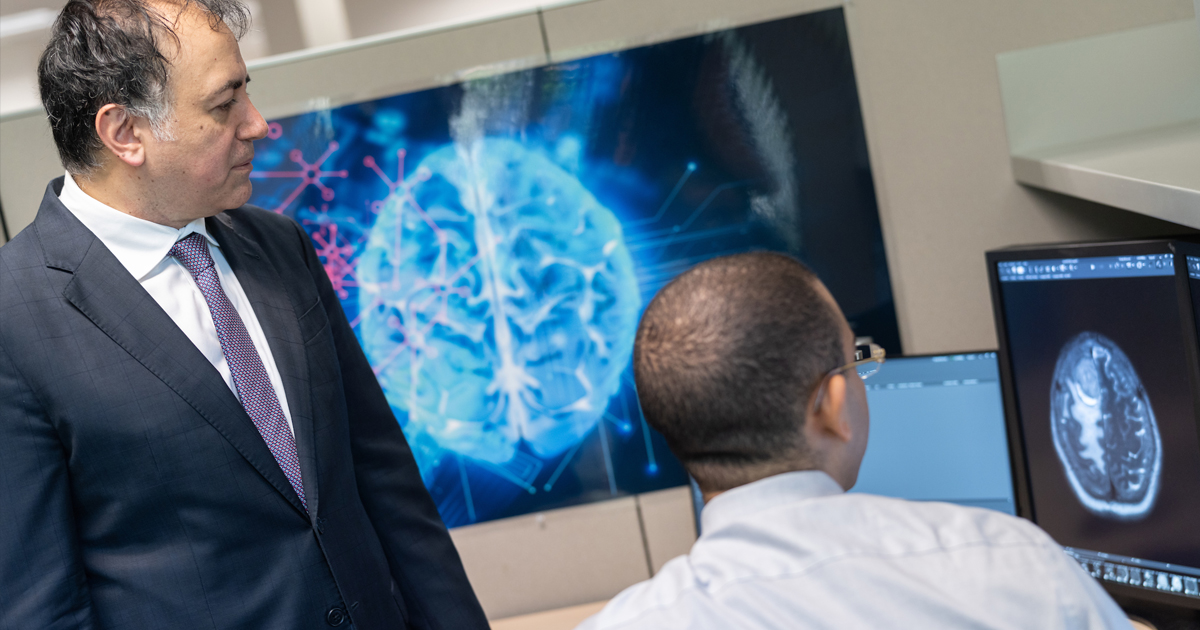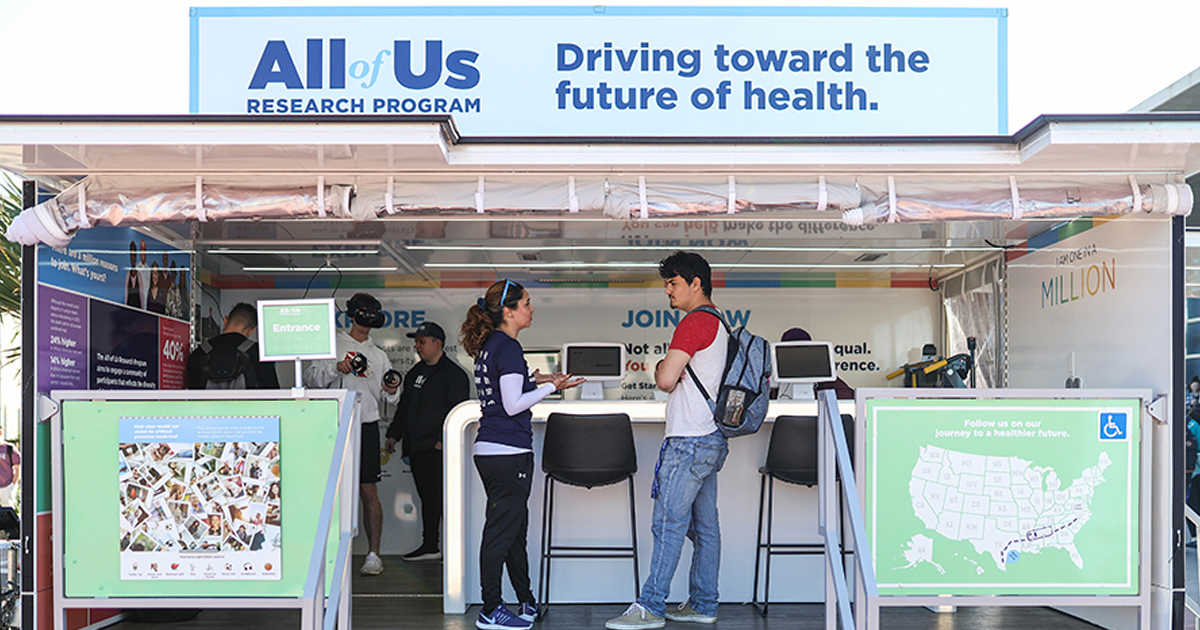Researchers at the University of Florida Health (UFHealth) have developed a machine learning model that can help identify and predict complications in surgical interventions.
Thanks to the development of an Artificial Intelligence (AI) model based on machine learning, UFHealth researchers have confirmed that it is possible to predict surgical complications and better manage these situations. In addition, one of the important aspects is that doctors can receive this information directly on their mobile devices.
The researchers explain that the algorithm will show accurate predictions through a mobile app, and will offer professionals the opportunity to consult detailed information on patients and the risk of complications in surgery.

The researchers developed an algorithm called MySurgeryRisk, which is based on machine learning and trained for nearly seven years using more than 74,000 medical procedures on 58,000 adult patients. In this way the model was able to match the surgeons' accuracy in predicting surgical outcomes.
According to the researchers, the system takes advantage of AI technology to process clinical data in real time, driving what they call "analytic pipeline", which sends the results directly to the mobile devices of professionals. These types of advances benefit surgeons in the acquisition of skills and experience and, above all, improve their decision-making capacity.
However, the specialists detailed that this machine learning model is not only useful thanks to its predictions, but also in its way of collecting, compiling and distributing data and information in real time.
Researchers are even looking to collect additional data such as information from ventilator monitors and anesthesia devices, so the model can become even more accurate.
The original research was published on JAMA Network, you can consult it at the following link: https://jamanetwork.com/journals/jamanetworkopen/fullarticle/2792367






